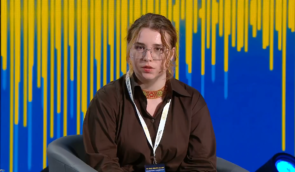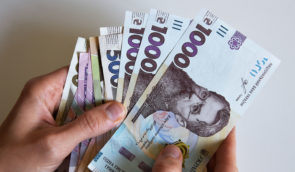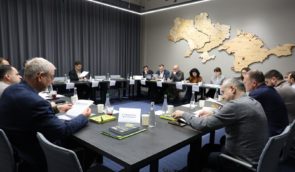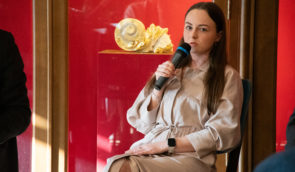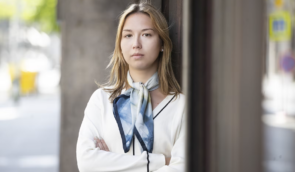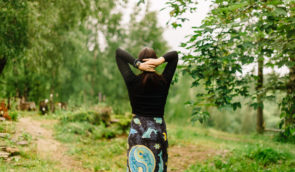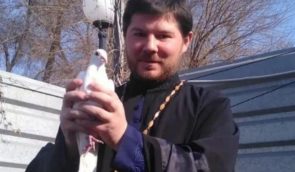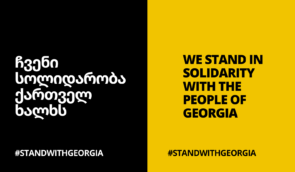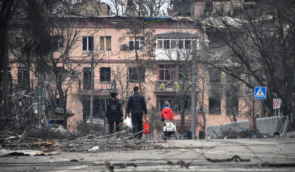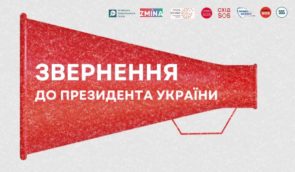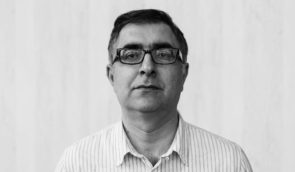Twenty-one political prisoners in Russian captivity need immediate medical attention: list by human rights defenders
Twenty-one Ukrainian political prisoners of the Kremlin have health problems and Russia does not treat these people. Among them are prisoners with serious illnesses and disabilities who may die in captivity without medical care. Human rights activists called on the Russian Federation and the occupation authorities to immediately provide assistance to these Ukrainian citizens.
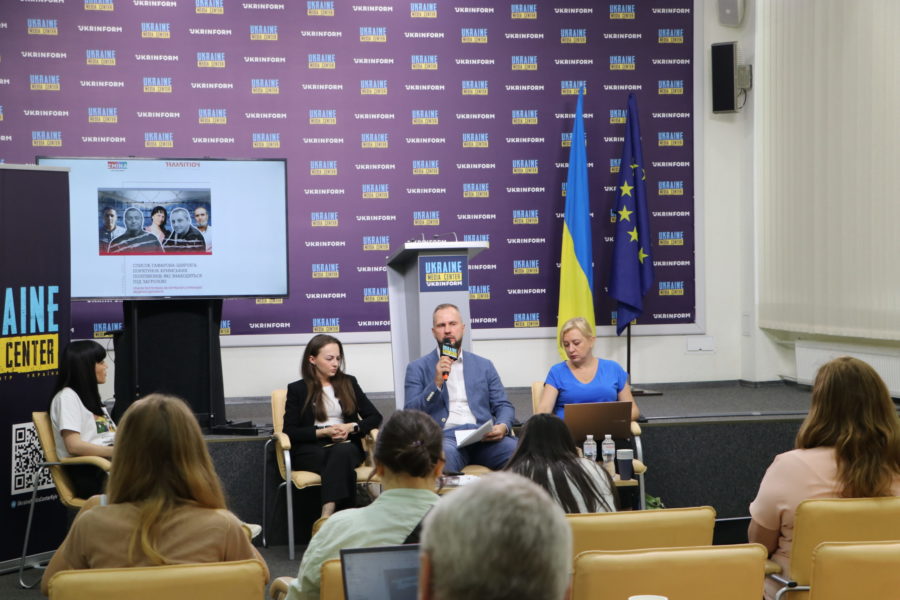
This was discussed during a press conference in Kyiv on August 14, where human rights activists made public the list of political prisoners who need treatment.
The list includes: Teymur Abdullayev, Arsen Abkhayirov, Servet Haziyev, Iryna Danylovych, Nariman Dzhelyal, Volodymyr Dudka, Azamat Eyupov, Tymur Ibrahimov, Ihor Kiyashko, Emir-Useyin Kuku, Khalil Mambetov, Rustem Murasov, Zekirya Muratov, Ruslan Nahaev, Enver Omerov, Oleh Prykhodko, Amet Suleymanov, Shaban Umierov, Rustem Sheikhaliyev, Yashar Shykhametov, Ivan Yatskin.
Human rights activists call it the list of Hafarov-Shyring who died in Russian prisons this February.
“Kostiantyn Shyring and Dzhemil Hafarov had severe chronic illnesses, and they were denied medical care in the places of detention where they were held. Therefore, we decided to analyze which political prisoners of the Kremlin also have health problems and need immediate medical attention. These are 21 people. We call on the occupation authorities of Crimea and officials of the Russian Federation to stop persecuting Crimean political prisoners and immediately provide medical assistance to those who need it,” said Viktoria Nesterenko, project manager at Human Rights Centre ZMINA.
 Viktoria Nesterenko
Viktoria Nesterenko According to her, Russia does not ensure the right of Crimean political prisoners to access to medical care, and Ukrainian citizens are brought to such a health status that they die.
Ihor Kotelianets, head of the Association of Relatives of Political Prisoners of the Kremlin, says that most prisoners have chronic diseases, and some have disabilities. The most common problems of almost all prisoners, Kotelianets notes, are toothache, improper functioning of digestive system, hypertension, impaired sight, and joint pain. This is caused by poor nutrition, staying in damp and dimly lit cells, and psychological overstrain.
“Mature age people, such as Volodymyr Dudka, Zekirya Muratov, and Oleh Prykhodko, especially suffer from these conditions, they risk never breaking free due to a large number of chronic diseases that they had even before imprisonment. The Russian Federation continues to grossly violate international humanitarian law, according to which the non-provision of medical care equals to torture,” Kotelianets continues.
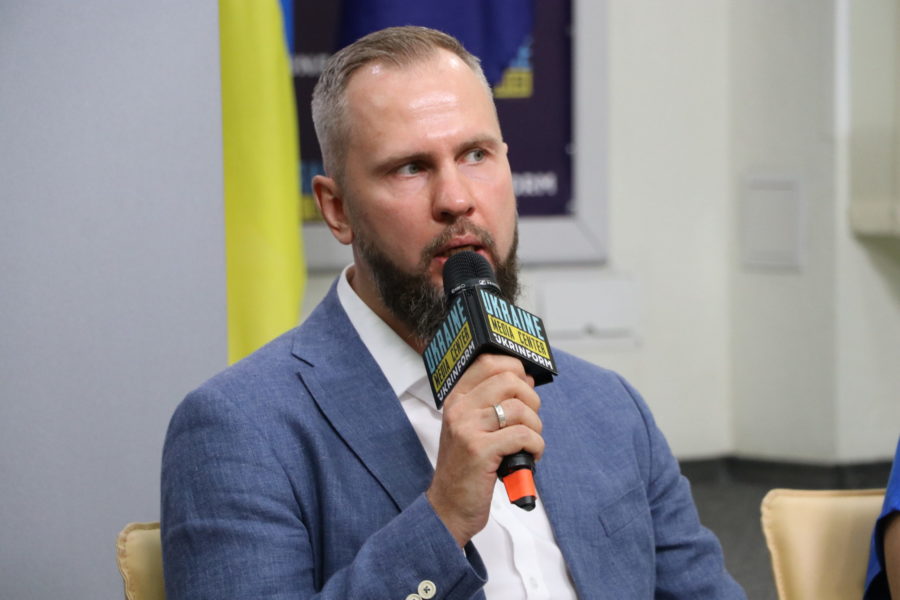
According to Crimean human rights defender and journalist Lutfiye Zudiyeva, Azamat Eyupov, 60, from Bilohirsk suffered four ischemic strokes in a Russian detention center and his life is in danger. Amet Suleymanov, 38, from Bakhchisaray was taken into custody even though the man needs a heart valve replacement and is constantly suffocating.
“A stay in a pre-trial detention center is tantamount to torture for Amet. Also, Volodymyr Dudka, 58, from Sevastopol suffers from stomach disease and hypertension. The court sentenced him to 14 years in prison. They do not have the time and energy for a bureaucratic struggle with the Russian penitentiary system. We can’t leave them alone with this, they should not die slowly in prison. The release of all political prisoners remains a priority for human rights defenders,” Zudiyeva is convinced.
Human rights defenders believe that the Ukrainian authorities should constantly focus on the health of Ukrainian citizens imprisoned by Russia.
 Lutfiye Zudiyeva (on the screen)
Lutfiye Zudiyeva (on the screen) Iryna Siedova, expert at the Crimean Human Rights Group, voiced recommendations for the authorities, in particular, to conduct thorough investigations into such crimes, to do everything possible to bring the perpetrators to justice, and to promote their inclusion in international sanctions lists.
According to Siedova, the Ukrainian authorities should also create a separate department whose representatives will work on the release of civilian hostages from captivity.
In addition, Ukraine should develop a state program of physical and psychological rehabilitation for those patients who managed to break free from Russian captivity, as well as for their family members.
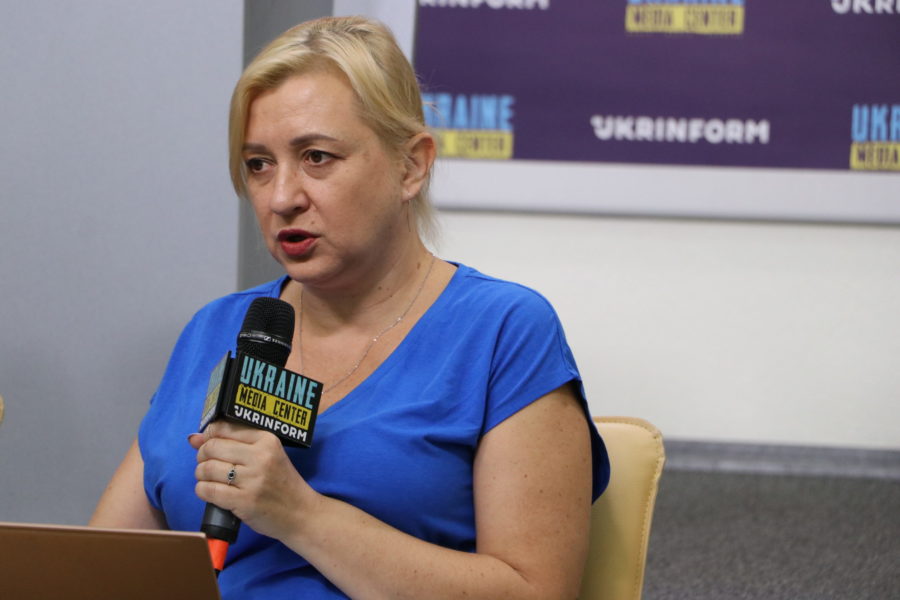 Iryna Siedova
Iryna Siedova Also, according to the human rights activist, the authorities should lay sufficient funds in the state budget for 2024 to support hostages and their families.
Find the full list of Kremlin’s prisoners in need of immediate medical attention at the link.
Watch the video from the press conference here.

The event was held with the financial support of the Ministry of Foreign Affairs of the Czech Republic within the framework of the Transition Promotion Program.
Photo credit: Iryna Ivanchenko / ZMINA

